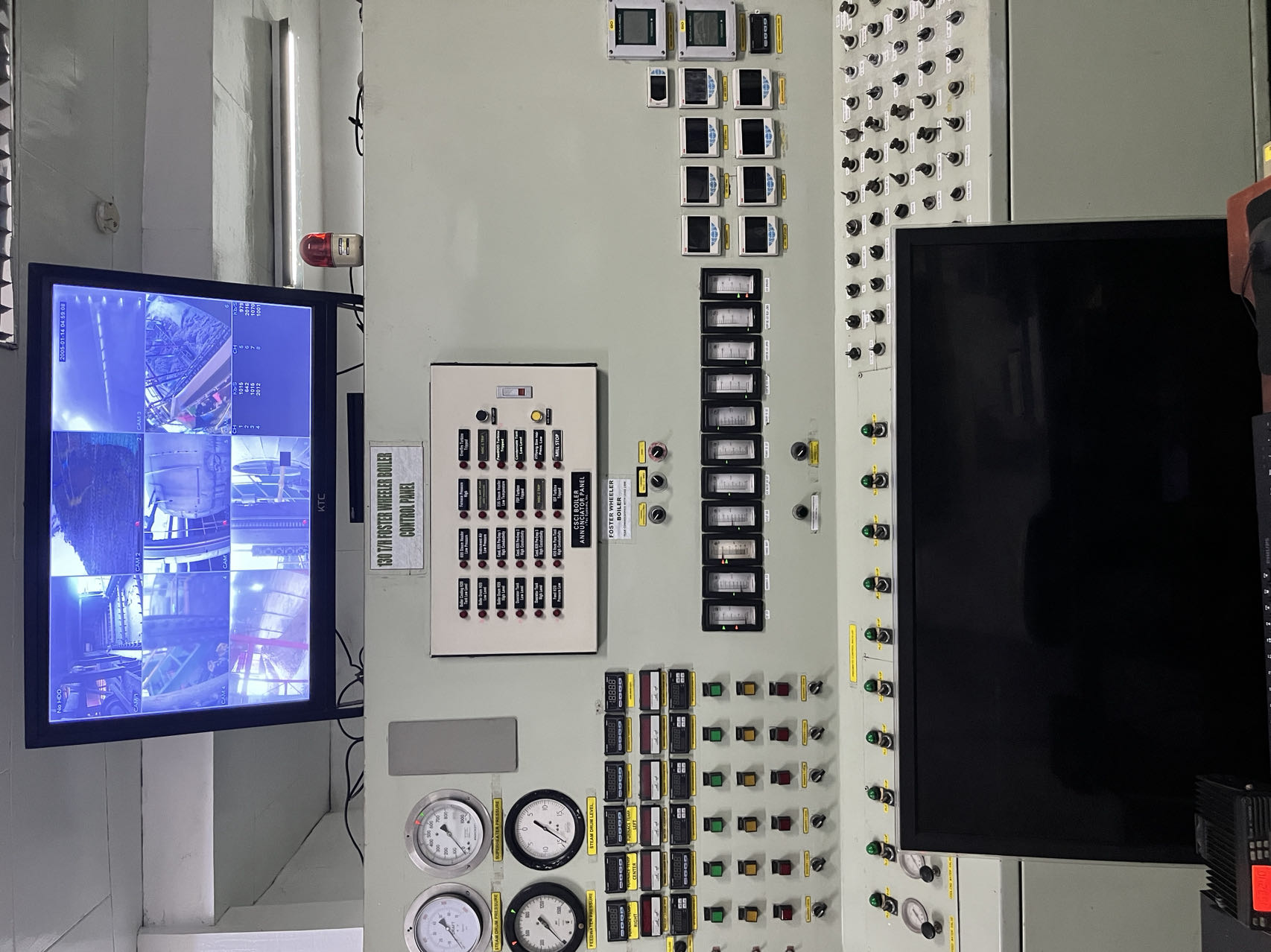CE Certified Electric Oil Heater for Efficient Heating Solutions and Safety Standards
Understanding CE Certification for Electric Oil Heaters
Electric oil heaters have become increasingly popular due to their efficiency and convenience in providing heat in residential and commercial spaces. However, when purchasing or manufacturing these heating devices, understanding CE certification is crucial. CE marking indicates that a product complies with European health, safety, and environmental protection standards. This article explores the significance of CE certification for electric oil heaters, the specific requirements that manufacturers must meet, and the benefits of having this certification.
What is CE Certification?
CE certification (Conformité Européenne) is a mandatory conformity mark for products sold within the European Economic Area (EEA). The CE mark signifies that the product has been assessed and meets EU safety, health, and environmental protection requirements. For electric oil heaters, CE certification ensures that the product is safe for use, environmentally friendly, and meets necessary performance standards.
Importance of CE Certification for Electric Oil Heaters
1. Consumer Safety One of the primary objectives of CE certification is consumer safety. Electric oil heaters must adhere to stringent safety guidelines to prevent risks such as overheating, electric shocks, or fire hazards. CE certification assures consumers that the heater has undergone rigorous testing and meets safety standards.
2. Market Access For manufacturers aiming to sell electric oil heaters in the European market, CE certification is essential. Without it, products cannot be legally sold, thus restricting market access and opportunities for business growth.
3. Quality Assurance CE certification also functions as a quality assurance mark. It reflects that the product has been designed and manufactured following high standards. This can enhance customer trust and brand reputation, leading to increased sales.
Requirements for CE Certification
Manufacturers seeking CE certification for electric oil heaters must comply with several directives and standards, including but not limited to
1. Low Voltage Directive (LVD) This directive applies to electrical equipment and ensures that products operate safely at low voltages. For electric oil heaters, this means the device must be designed to prevent electric shocks or short circuits.
2. Electromagnetic Compatibility (EMC) Directive This directive requires that electric heaters do not interfere with other devices and can function properly in their electromagnetic environment. Compliance with this requirement helps maintain the integrity of electronic and electrical devices used concurrently.
3. Ecodesign Directive As energy efficiency becomes increasingly important, this directive sets requirements regarding the environmental impact of energy-related products. Electric oil heaters must meet specific efficiency and environmental preserving standards to minimize energy consumption and greenhouse gas emissions.
ce certification electric oil heater

4. RoHS Directive The Restriction of Hazardous Substances (RoHS) directive limits the use of certain hazardous materials in electrical and electronic products. Ensuring that electric oil heaters are free of these prohibited substances is vital for both safety and environmental considerations.
The CE Certification Process
The certification process typically follows several steps
1. Assessment Manufacturers conduct an internal assessment of their products to ensure compliance with the necessary directives and standards.
2. Testing The product may need to undergo testing in accredited laboratories to ensure it meets all safety and performance standards.
3. Documentation Manufacturers must compile technical documentation and a Declaration of Conformity, which states that the product complies with the applicable directives.
4. CE Marking Once the product is certified, the CE mark can be affixed to the heater, allowing it to be marketed within the EU.
Benefits of CE Certification
Obtaining CE certification bears multiple benefits for manufacturers
- It opens pathways to European markets, enhancing business opportunities. - It increases consumer trust, as customers are more likely to purchase certified products. - Lastly, it fosters continuous improvement practices within manufacturing processes, as companies strive to meet and exceed the standards.
Conclusion
In summary, CE certification for electric oil heaters is vital for ensuring safety, quality, and compliance with European standards. For both manufacturers and consumers, it serves as a guarantee that the product is reliable and suitable for use. As energy efficiency and safety become increasingly important in the global market, the significance of CE certification will continue to grow, making it essential for businesses in the heating industry.
-
Top Electric Steam Boiler Makers | AI-OptimizedNewsJul.31,2025
-
Top Electric Steam Boiler Manufacturers - High Efficiency SolutionsNewsJul.30,2025
-
Top Electric Steam Boiler Manufacturers – Efficient Industrial SolutionsNewsJul.29,2025
-
Top Electric Steam Boiler Manufacturers | Reliable Industrial SolutionsNewsJul.29,2025
-
OEM Steam Boiler Solutions for Custom Needs | High Efficiency & VersatilityNewsJul.29,2025
-
High-Efficiency Thermal Oil Boiler for Industrial Heating SolutionsNewsJul.29,2025

